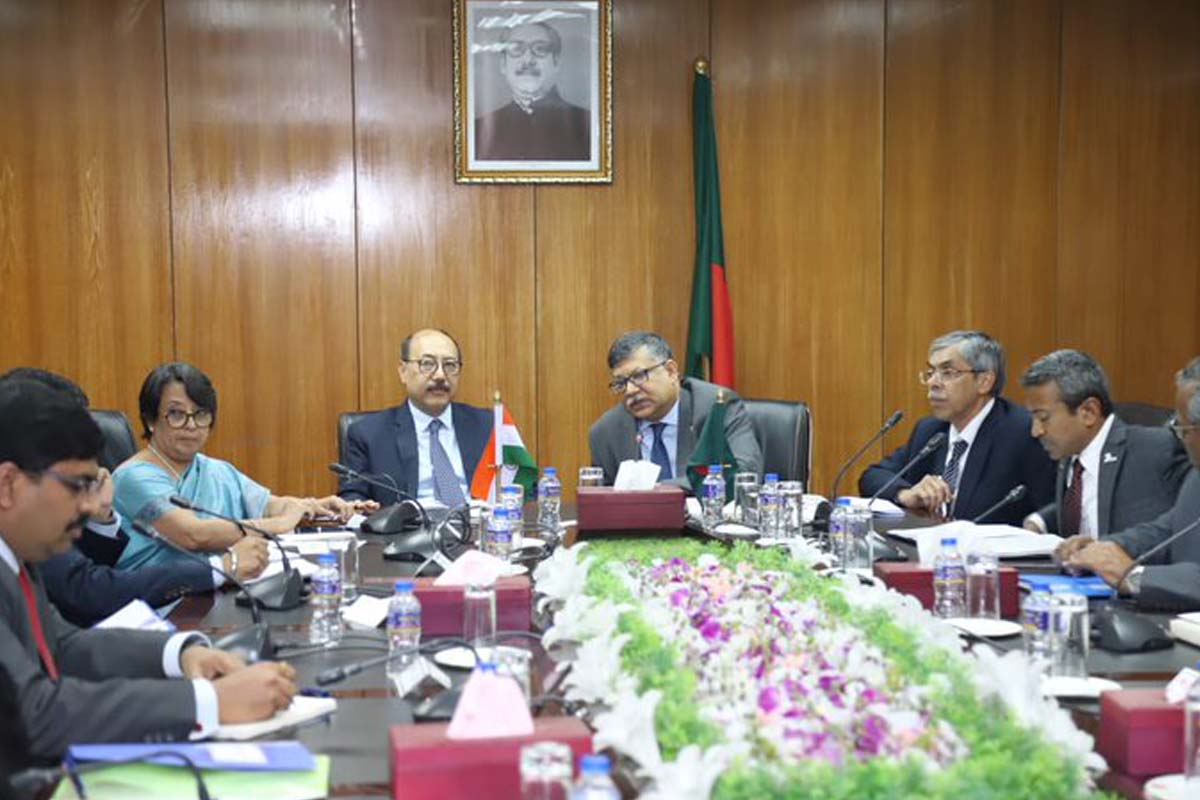India today reassured Dhaka that the National Register of Citizens (NRC) would have no implications for Bangladesh since the process was entirely internal to India.
“Let me clearly state here what our leadership has repeatedly confirmed at the highest level to the Government of Bangladesh: this is a process that is entirely internal to India. Therefore, there will be no implications for the Government and people of Bangladesh. You have our assurance on that count,” Foreign Secretary Harsh Vardhan Shringla said at a seminar organised by the Bangladesh Institute of International and Strategic Studies (BIISS) in Dhaka.
Advertisement
Describing Bangladesh as the closest of India’s neighbours with many shared cultural traits, he said it was inevitable that events in each other’s countries could create ripples across the border – irrespective of whether there was real justification for this. “One recent example is the process of updating the NRC in Assam, which has taken place entirely at the direction and under the supervision of the Supreme Court of India,” he added.
Shringla’s comments assume significance against the backdrop of concern in Bangladesh over the fallout of the NRC on the neighbouring country. The Foreign Secretary is on a two-day trip to Dhaka to do the groundwork for the upcoming visit of Prime Minister Narendra Modi to attend the centenary celebrations of Sheikh Mujibur Rehman amid tensions between India and Bangladesh over the NRC.
Shringla said there was often interest and sometimes uninformed speculation about India’s position on the humanitarian crisis in the Rakhine State of Myanmar and its impact upon Bangladesh. “Let me clearly say that India is deeply appreciative of the spirit of humanism that motivated Bangladesh to offer shelter to nearly one million displaced people. And we fully recognise and sympathise with the enormous burden that you are facing,” he added.
The Indian diplomat said that as the only country that was an actual neighbour of both Bangladesh and Myanmar, India was committed to offering the fullest support for any mutually-acceptable solution that would enable the earliest possible return of displaced persons to their homes in Rakhine State and to a life of dignity. This should be done in a manner that was safe, secure and sustainable.









